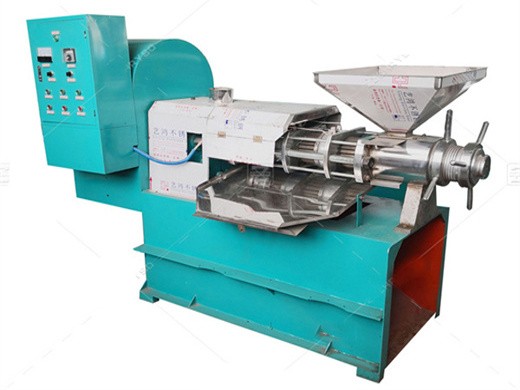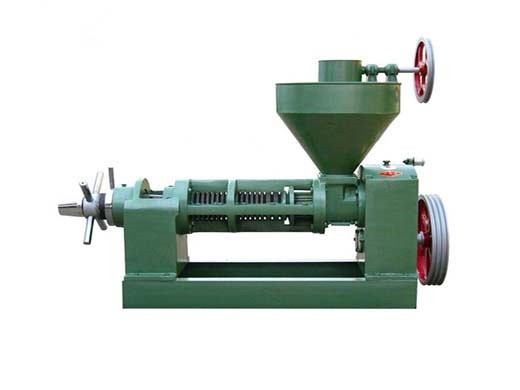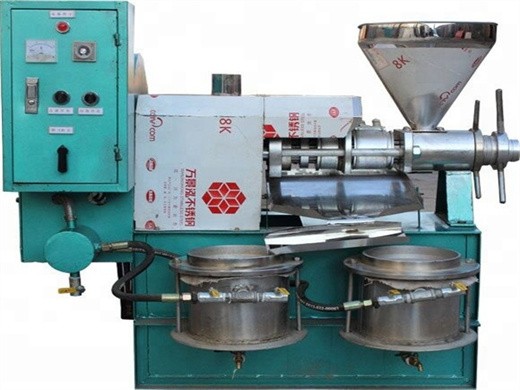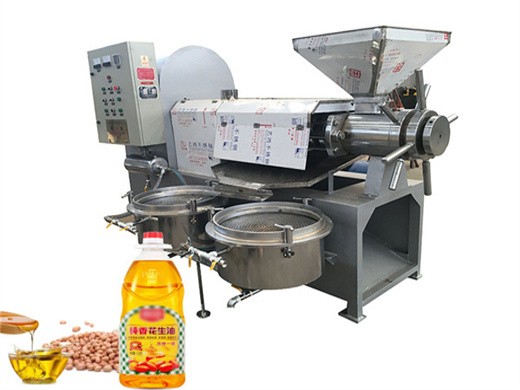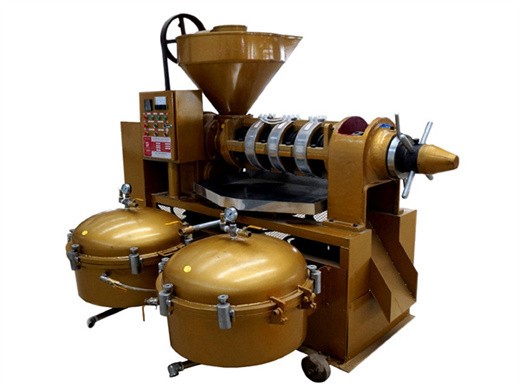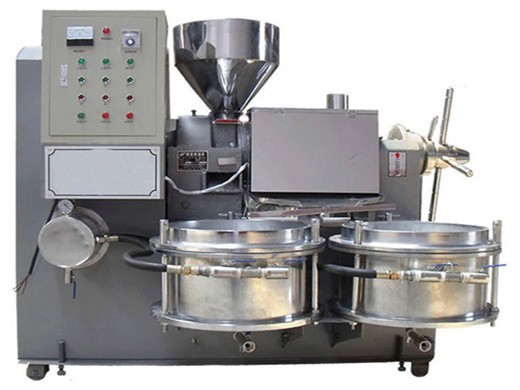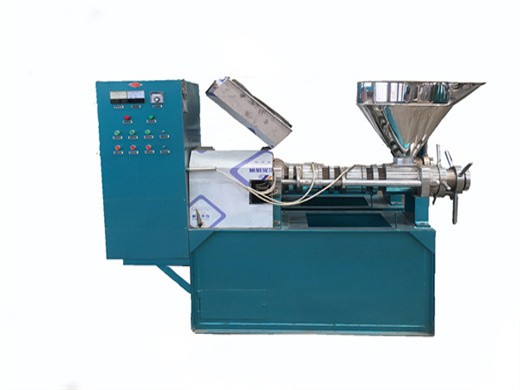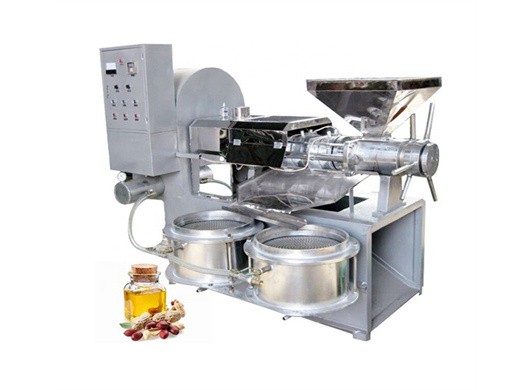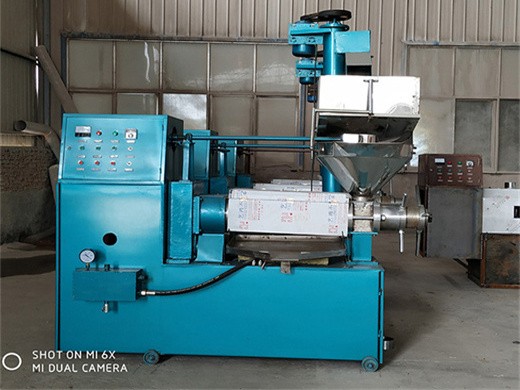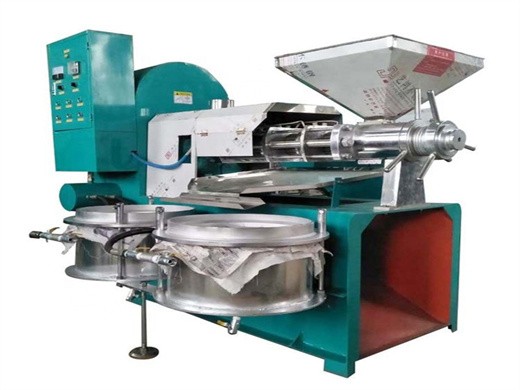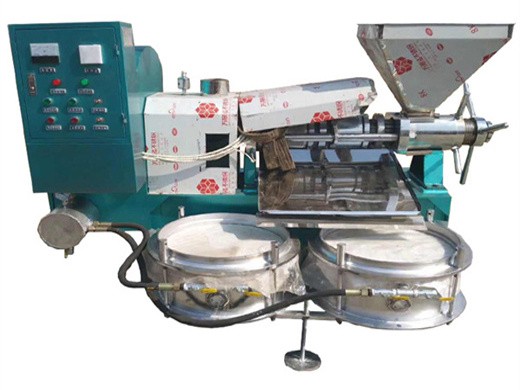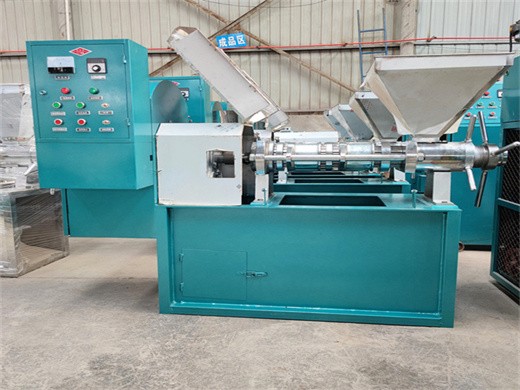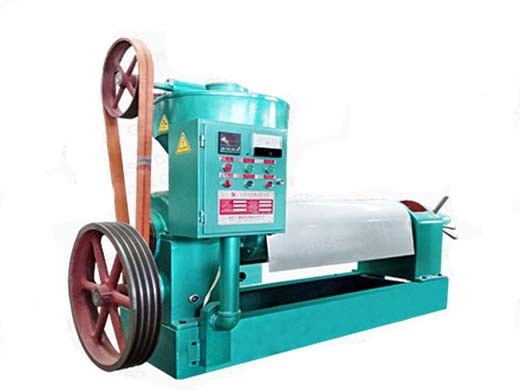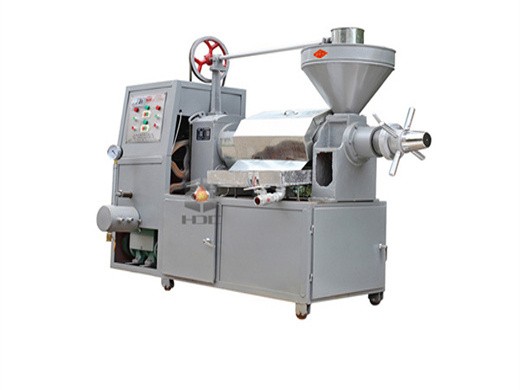Aqueous enzymatic extraction of peanut oil and protein
Aqueous enzymatic extraction of peanut oil and protein hydrolysates. Author links open overlay panel Lihua Jiang Di Hua Zhang Wang Shiying Xu
During aqueous processing of peanuts for simultaneous oil extraction and protein recovery, large amounts of emulsion could be formed and after enzymatic demulsification, substantial amounts of oil ...
Aqueous enzymatic extraction of peanut oil and protein
During aqueous processing of peanuts for simultaneous oil extraction and protein recovery, large amounts of emulsion could be formed and after enzymatic demulsification, substantial amounts of oil ...
The aqueous enzymatic extraction method was used to extract oil and protein hydrolysates from peanut. First, alkaline protease was chosen after screening of different enzyme preparations, and then by using single-factor test and orthogonal test the process parameters were optimized.
Aqueous Enzymatic Extraction of Oil and Protein
After the of hexane to extract edible oil from oilseeds, aqueous peanut seeds were roasted at 190 °C for 20 min, with a (enzymatic) extraction processing has gained attention. seeds-to-water ratio of 1:5, an enzyme concentration of This alternative process uses an aqueous (enzymatic) 2%, and an incubation time of 3 h, the yields of free oil and extraction of the comminuted materials, followed by a protein hydrolysates were 78.6 and 80.1%, respectively.
This paper reports on the extraction of Moringa oleifera (MO) oil by using aqueous enzymatic extraction (AEE) method. The effect of different process parameters on the oil recovery was discovered by using statistical optimization, besides the effect of selected parameters on the formation of its oil-in-water cream emulsions.
Enzyme-assisted aqueous extraction of peanut oil
In the present study, peanut oil was extracted under optimized aqueous extraction conditions using Protizyme™, which is predominantly a mixture of acid, neutral, and alkaline proteases. The optimal conditions were: enzyme concentration of 2.5% (w/w) in 10 g of peanut seeds, pH 4.0, 40°C, and 18 h incubation with constant shaking at 80 rpm.
peanut oil was extracted under optimized aqueous extraction conditions using Protizyme TM , which is predominantly a mix- ture of acid, neutral, and alkaline proteases.
Aqueous enzymatic extraction of peanut oil and protein
The aqueous enzymatic extraction method was used to extract oil and protein hydrolysates from peanut. First, alkaline protease was chosen after screening of different enzyme preparations, and then by using single-factor test and orthogonal test the process parameters were optimized.
The aqueous enzymatic process of simultaneously preparing oil and protein hydrolysates from peanut was investigated. The optimum parameters for hydrolysis using Alcalase 2.4L were established by the single-factor and orthogonal test.
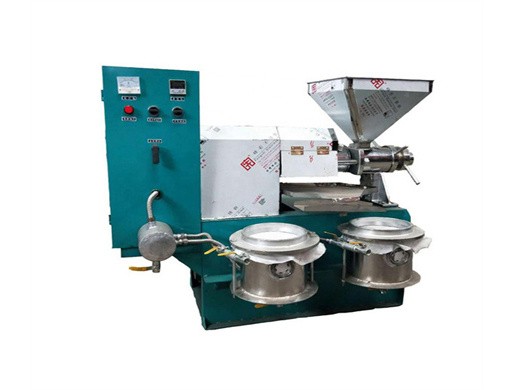
Aqueous enzymatic extraction of peanut oil and protein
During aqueous processing of peanuts for simultaneous oil extraction and protein recovery, large amounts of emulsion could be formed and after enzymatic demulsification, substantial amounts of oil ...
GET PRICE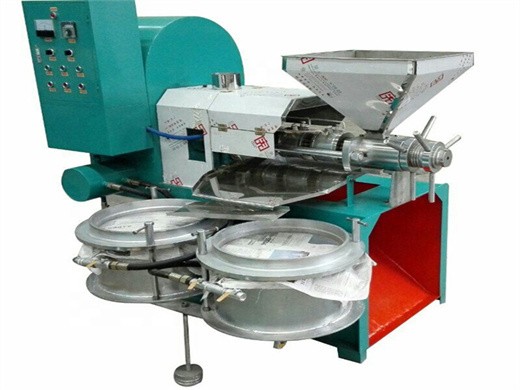
Aqueous Enzymatic Extraction of Peanut Protein and Oil——On
The aqueous enzymatic process of simultaneously preparing oil and peanut protein hydrolysates from peanut was introduced in this article. The selection of protease, the enzyme concentration, the degree of hydrolysis ( DH ) for protein, the ways to decrease the stability of the O/W emulsion by heating and adding salt, and the method of partly breaking the emulsion were investigated.
GET PRICE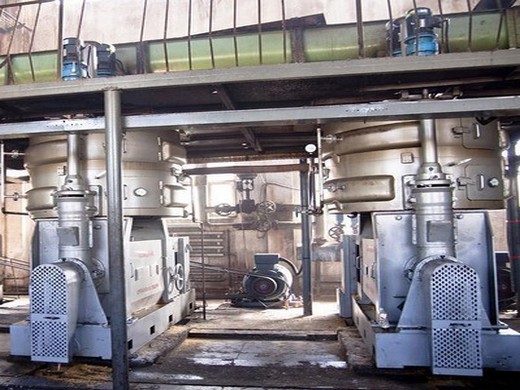
Aqueous and Enzymatic Extraction of Oil and Protein
Increased use of enzyme (0.85%) in the EAEP resulted in higher oil (50%) and protein (75%) extraction yields in a shorter reaction time (1 h), compared with the AEP at the same reaction time (41.6% oil and 70% protein extraction).
GET PRICE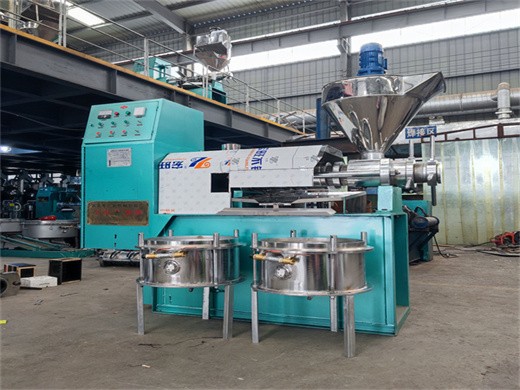
Enzyme-Assisted Aqueous Extraction of Peanut Oil
peanut oil was extracted under optimized aqueous extraction conditions using Protizyme TM , which is predominantly a mix- ture of acid, neutral, and alkaline proteases.
GET PRICE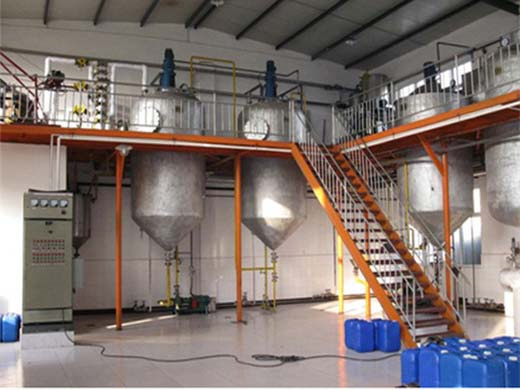
Aqueous Enzymatic Extraction of Oil and Protein
To evaluate the effects of the roasting process on the extraction yield and oil quality, peanut seeds were roasted at different temperatures (130–220 °C) for 20 min prior to the aqueous extraction of both oil and protein hydrolysates with Alcalase 2.4 L. Roasting temperatures did not significantly affect the yields of free oil, whereas the temperature of 220 °C led to a reduced recovery of protein hydrolysates.
GET PRICE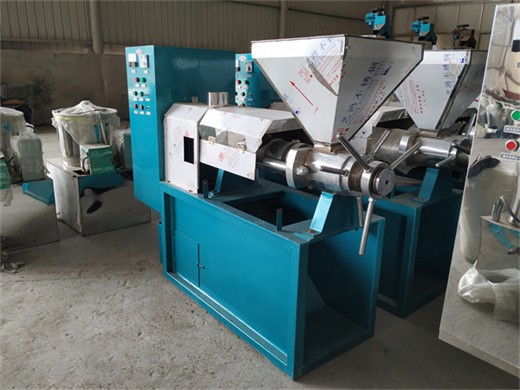
Aqueous Enzymatic Extraction of Oil and Protein
In the current study, aqueous enzymatic extraction of the oil from Iranian wild almond was investigated using a protease and a cellulase to assist the extraction process.
GET PRICE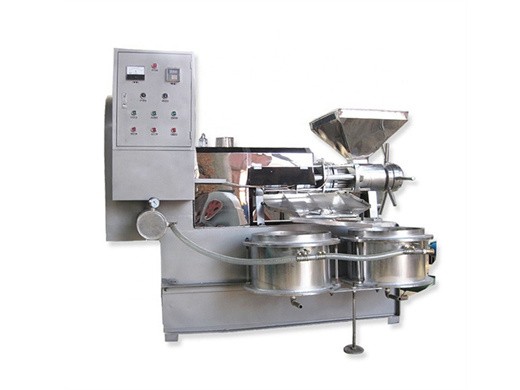
Aqueous Enzymatic Extraction of Peanut Protein and Oil——On
The aqueous enzymatic process of simultaneously preparing oil and peanut protein hydrolysates from peanut was introduced in this article. The selection of protease, the enzyme concentration, the degree of hydrolysis (DH) for protein, the ways to decrease the stability of the O/W emulsion by heating and adding salt, and the method of partly breaking the emulsion were investigated.
GET PRICE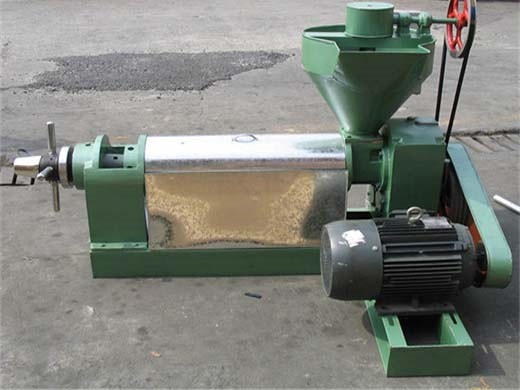
Aqueous enzymatic extraction of peanut oil and protein
The aqueous enzymatic process of simultaneously preparing oil and protein hydrolysates from peanut was investigated. The optimum parameters for hydrolysis using Alcalase 2.4L were established by the single-factor and orthogonal test.
GET PRICE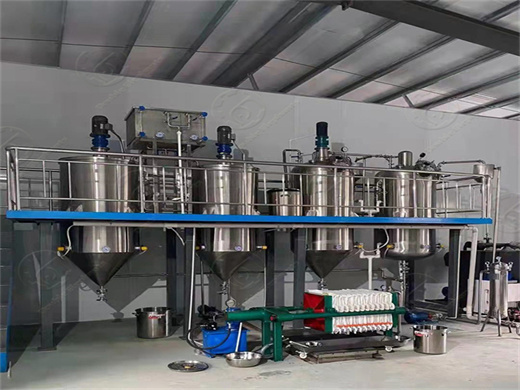
SIMULTANEOUS RECOVERY OF PROTEIN AND OIL FROM RAW PEANUTS
SIMULTANEOUS RECOVERY OF PROTEIN AND OIL FROM RAW PEANUTS IN AN AQUEOUS SYSTEM. ... Shuai Wang, Aqueous Enzymatic Extraction of Oil and Protein Hydrolysates from Roasted Peanut Seeds, Journal of the American Oil Chemists' Society, 2011 ... Enzyme-assisted aqueous extraction of peanut oil, Journal of the American Oil Chemists' Society, 2002 ...
GET PRICE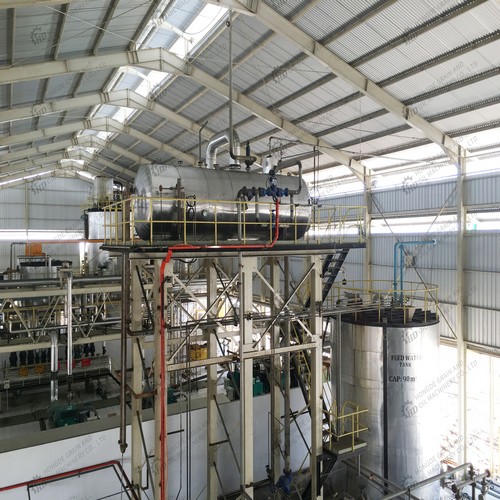
Enzymatic Demulsification of the Oil-Rich
The oil content of peanut seeds was determined by the Soxhlet extraction method. The oil content of the original emulsion obtained directly after extraction was determined by the Mojonnier method. Protein contents of peanut seeds and the original emulsion were determined by the Kjeldahl method (N × 5.46).
GET PRICE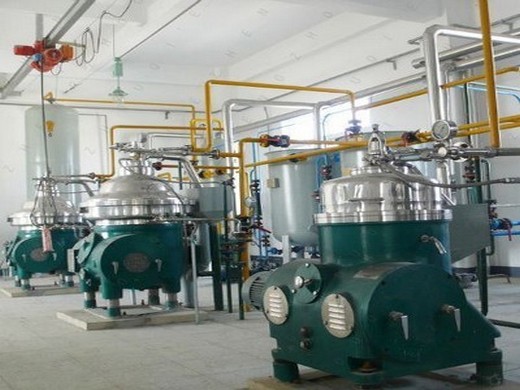
Rapid Salt‐Assisted Microwave Demulsification of Oil‐Rich
Aqueous enzymatic extraction (AEE) is an environmentally friendly edible‐oil‐extraction process that can also provide edible protein. However, the AEE process may form a stable emulsion in most cases, which seriously limits the large‐scale industry applications for producing vegetable oils.
GET PRICE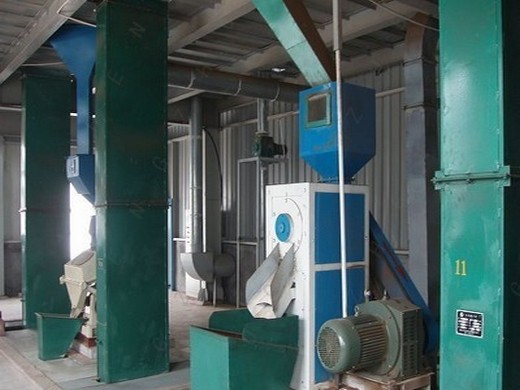
Characterization and demusification of cream emulsion
Aqueous and enzyme assisted aqueous extraction of peanut oil were explored. • The different mechanisms of enzymatic demulsification were investigated. • The demulsification processes were observed by confocal laser scanning microscope. • Enzymatic treatment and pH adjusting of the cream emulsion affected free oil yield. •
GET PRICE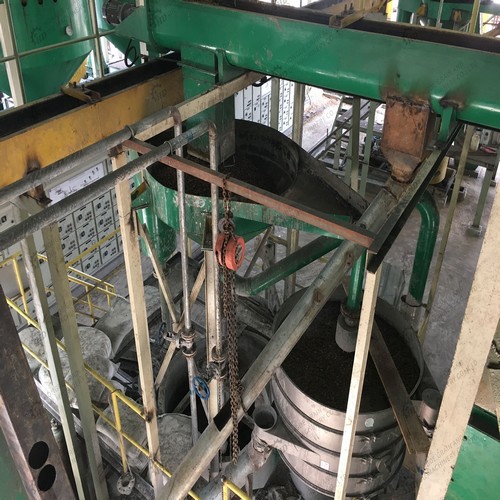
Aqueous enzymatic extraction of Moringa oleifera oil, Food
Aqueous enzymatic extraction of Moringa oleifera oil Aqueous enzymatic extraction of Moringa oleifera oil Mat Yusoff, Masni; Gordon, Michael H.; Ezeh, Onyinye; Niranjan, Keshavan 2024-11-15 00:00:00 •Ground Moringa oleifera kernels of 1003–150μm size contain similar oil content.•Moringa oleifera cell is composed of oil bodies mainly surrounded with protein.•Optimum enzymatic ...
GET PRICE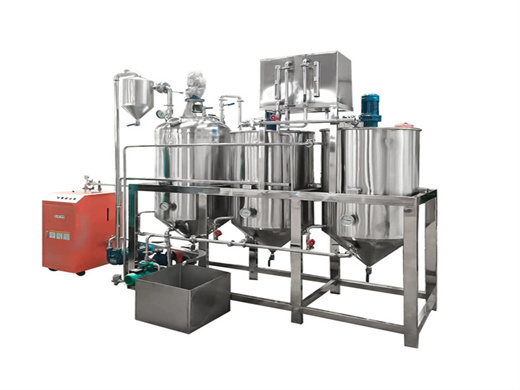
Enzymatic Demulsification of the Oil-Rich
Read "Enzymatic Demulsification of the Oil-Rich Emulsion Obtained by Aqueous Extraction of Peanut Seeds, Journal of the American Oil Chemists' Society" on DeepDyve, the largest online rental service for scholarly research with thousands of academic publications available at your fingertips.
GET PRICE
The Study of Ultrasound‐Assisted Enzymatic Extraction
It is found that the peanut oil extracted by optimal UAEE treatment had considerable high levels of L color parameter and TPC and significantly more EY and b color parameters than those extracted by SIE, ultrasound‐assisted aqueous enzymatic extraction (UAAEE), and aqueous shaking incubation extraction (ASIE) treatments.
GET PRICE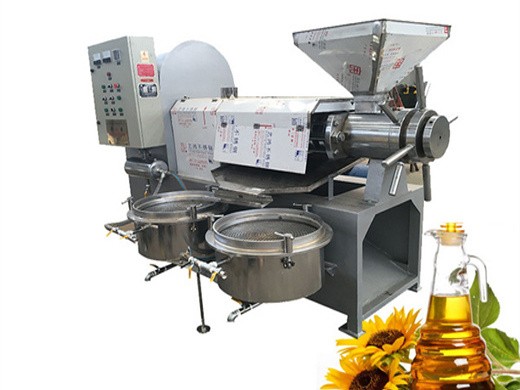
Aqueous Enzymatic Extraction of Buriti (Mauritia Flexuosa
Enzymatic aqueous extraction led to good buriti oil extraction results, with higher or equivalent yields compared to pressing extraction, but less than solvent extraction. Among the studied enzymes, the cellulase presented the best extraction yield.
GET PRICE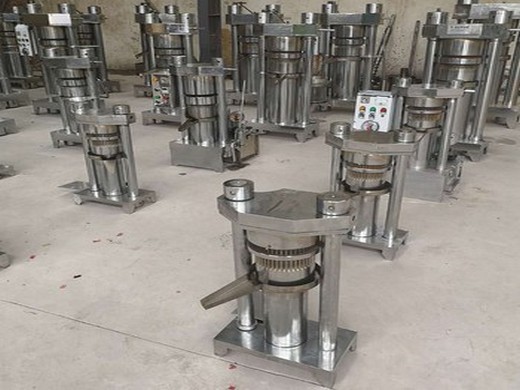
Rapid Salt‐Assisted Microwave Demulsification of Oil‐Rich
Aqueous enzymatic extraction (AEE) is an environmentally friendly edible‐oil‐extraction process that can also provide edible protein. However, the AEE process may form a stable emulsion in most cases, which seriously limits the large‐scale industry applications for producing vegetable oils.
GET PRICE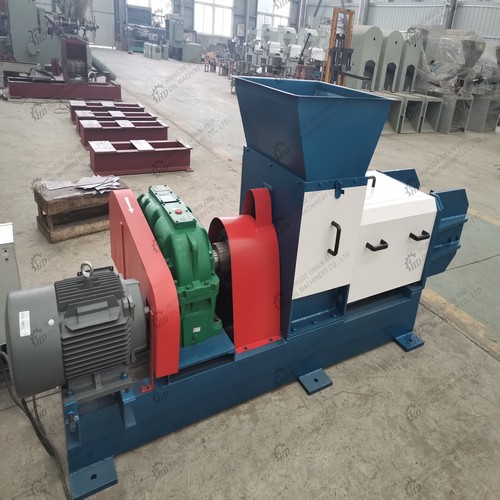
Enzymatic Demulsification of the Oil‐Rich Emulsion
This study details the enzymatic destabilization of the emulsion formed during aqueous extraction of peanut seeds and the quality of the resulting oil. The emulsion was exposed to enzymatic treatment and pH adjustment.
GET PRICE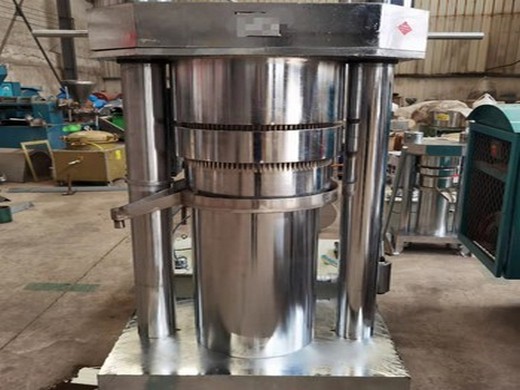
Optimization of aqueous enzymatic extraction of oil
Aqueous enzymatic extraction conditions of oil from shrimp processing by-products were optimized by RSM. On the basis of the experimental results of CCD ( Table 1) and regression analysis, a second-order polynomial equation was established to estimate the relationship between the oil extraction yield and variables.
GET PRICE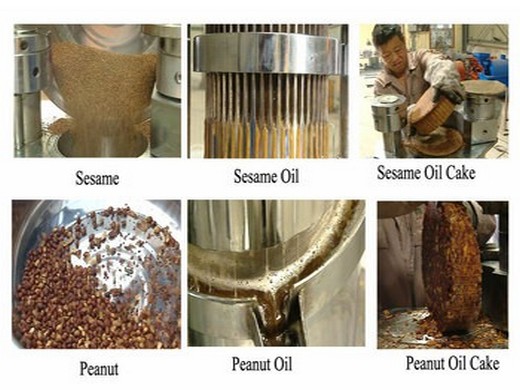
Critical functional properties of defatted peanut meal
Zhang SB, Lu QY, Yang H, Li Y, Wang S (2011) Aqueous enzymatic extraction of oil and protein hydrolysates from roasted peanut seeds. J Am Oil Chem Soc 88(5):727–732 CrossRef Google Scholar Zhang Y, Zhao W, Yang R, Ahmed MA, Hua X, Zhang W, Zhang Y (2013) Preparation and functional properties of protein from heat-denatured soybean meal ...
GET PRICE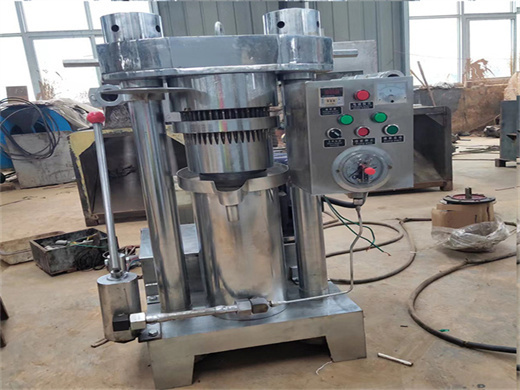
Some physico-chemical properties of Moringa oleifera oil
The fatty acid compositions of solvent and enzyme-extracted oil from M. oleifera seed were determined. Results showed that the solvent-extracted oil has 67.9% oleic acid compared to 70.0% in enzyme-extracted oil. Results obtained following analysis of extracted oil showed that the oil is highly unsaturated because of the high percentage of oleic acid.
GET PRICE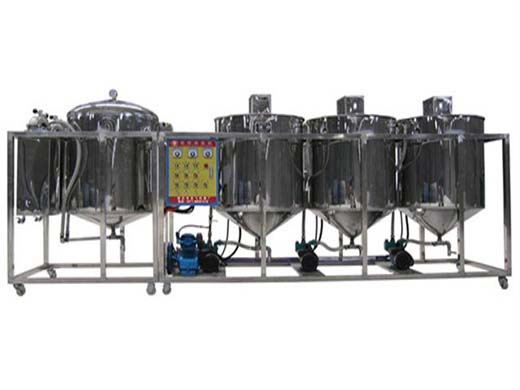
Enzymatic Demulsification of the Oil-Rich
Read "Enzymatic Demulsification of the Oil-Rich Emulsion Obtained by Aqueous Extraction of Peanut Seeds, Journal of the American Oil Chemists' Society" on DeepDyve, the largest online rental service for scholarly research with thousands of academic publications available at your fingertips.
GET PRICE